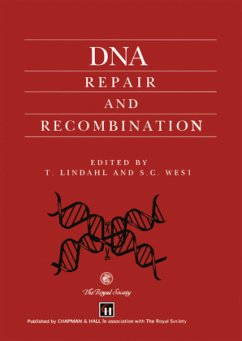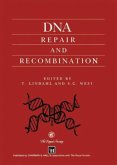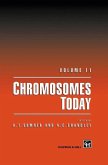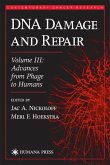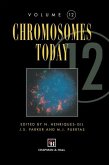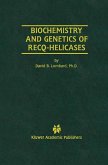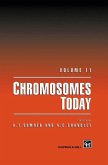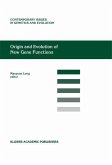Genomic instability is a major threat to living organisms. To counteract the damaging effects posed by endogenous and environmental agents, such as chemicals or radiation, micro-organisms devote several percent of their genome to encode proteins that function in the repair and recombination of DNA. For many years, a relatively small group of scientists have carefully delineated the molecular mechanisms of these repair processes, using the simplest model systems available, namely Escherichia coli and Saccharomyces cerevisiae. These studies, which until recently had only moderate impact outside of the field, now provide the cornerstone for exciting new research into analogous processes in human cells. The reason for this is the revelation that the biochemical pathways for the accurate replication, repair and recombination of DNA have been conserved through evolution. New research shows that human cells use DNA repair mechanisms that are analogous to those found in bacteria to overcome the damaging effects of environmental mutagens and carcinogens. Of particular significance is the observation that certain cancers are caused by defects in DNA repair enzymes. For example, the human inherited non-polyposis colon cancer is now known to be caused by defects in the enzymes that repair DNA mismatches. Because much detailed information has been accumulated in studies of analogous mismatch repair proteins from bacteria, rapid progress can now be made.
Bitte wählen Sie Ihr Anliegen aus.
Rechnungen
Retourenschein anfordern
Bestellstatus
Storno

